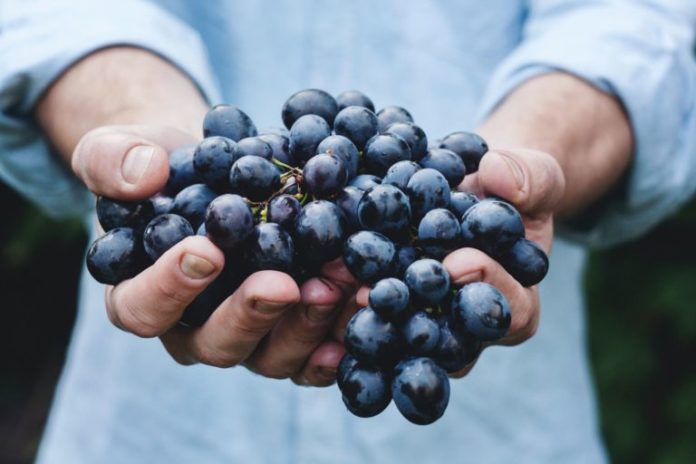The Certified California Sustainable Winegrowing (CCSW) certification is among the top accreditations for sustainably produced wine in the country. Introduced in 2010, the CCSW is administered by the California Sustainable Winegrowing Alliance (CSWA), a nonprofit leader in promoting sustainable winegrowing practices within California’s wine industry.
For a deeper dive into the topic, we recently spoke with CSWA Executive Director, Allison Jordan.
StateWays: Why is sustainable winemaking so important?
Allison Jordan: Sustainability, in general, is important because it allows us to continue on as socially responsible winemakers, making high-quality wines for generations to come. It allows us to be good neighbors and employers. It really is good on so many levels, protecting our natural resources while promoting climate-change mitigation.
SW: What does a CCSW certification mean for a wine?
AJ: It means that the winery and vineyards continues to operate sustainably within stringent requirements. It means that an annual third-party audit confirms 144 vineyard and 105 winery best practices using the CCSW. The audit also checks for 60 vineyard and 41 winery prerequisite practices, with a requirement of exceeding an overall score threshold of 85% of all scores being ‘Category 2’ or higher on a 1-4 scale.
For instance, there are certain restrictions on crop protection materials. Our metrics measure and track water, energy and greenhouse gas emissions for wineries, and water and applied nitrogen for vineyards. We identify impacts and find areas for improvement.
SW: How do you educate people on this topic?
AJ: We’ve always focused on industry communications. Although the program officially started in 2001, it wasn’t until 2010 that we first allowed wineries and vineyards to use our certification. We walked the walk before we talked the talk.
We offer an ambassador course. In three one-hour classes, this educates the people who work in tasting rooms, sommeliers, retailers and more about what sustainability means.
In the simplest ways, retailers can provide information and shelf talkers in-store to educate consumers.
We launched a new website in April 2021 — californiasustainablewine.com. This explains what our certification means. It has a searchable database of certified wineries, wines and vineyards, plus a ‘visit’ function to see which places are open to visitors.
SW: What’s the consumer demo for sustainable wine?
AJ: Right now I’d say that Millennials and Gen X are most interested. Gen X is often overlooked, as it’s a smaller generation, but they certainly understand the importance of how things are grown and made.
There was a Lifestyles of Health and Sustainability (LOHAS) study conducted that found only a small percentage of the population doesn’t actually care about sustainability. With the rest of us, we each fall on a different part of the spectrum.
Some consumers are more likely to pay more for sustainable products. Others think more about personal health, what they ingest. There’s another group that cares about sustainability because they’re trendy and practical. But most people consider sustainability important.
Another study found that one-third of active wine consumers are interested in or have recently purchased sustainable wine.
SW: What’s next for this category and cause?
AJ: More visibility is needed for climate action. We’ve reached an industry tipping point where climate change is always in the conversation.
As for right now, 80% of California wineries are now certified sustainable. The CCSW covers about one-third of total California vineyard acreage. If you include other certifications, it’s more than half of vineyards that are certified. We’re really proud that our certification — and sustainability — have been so warmly embraced.
This interview was edited and condensed for publication.
Feature image by Maja Petric on Unsplash.
Kyle Swartz is editor of Beverage Dynamics. Reach him at kswartz@epgmediallc.com or on Twitter @kswartzz.










